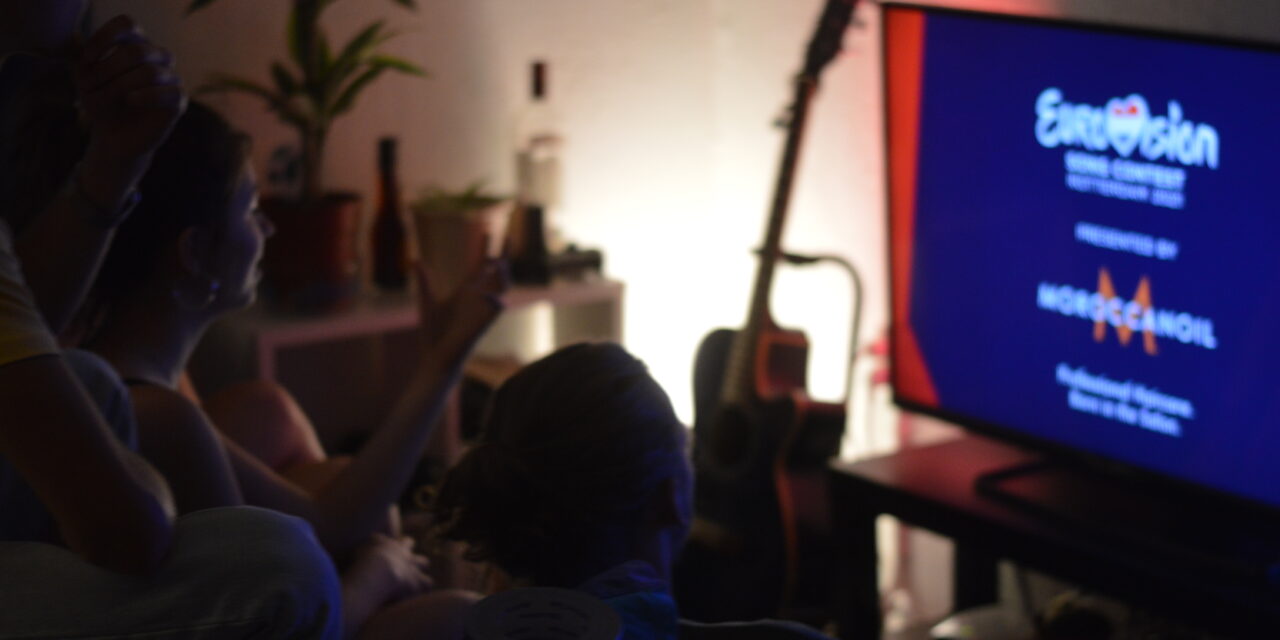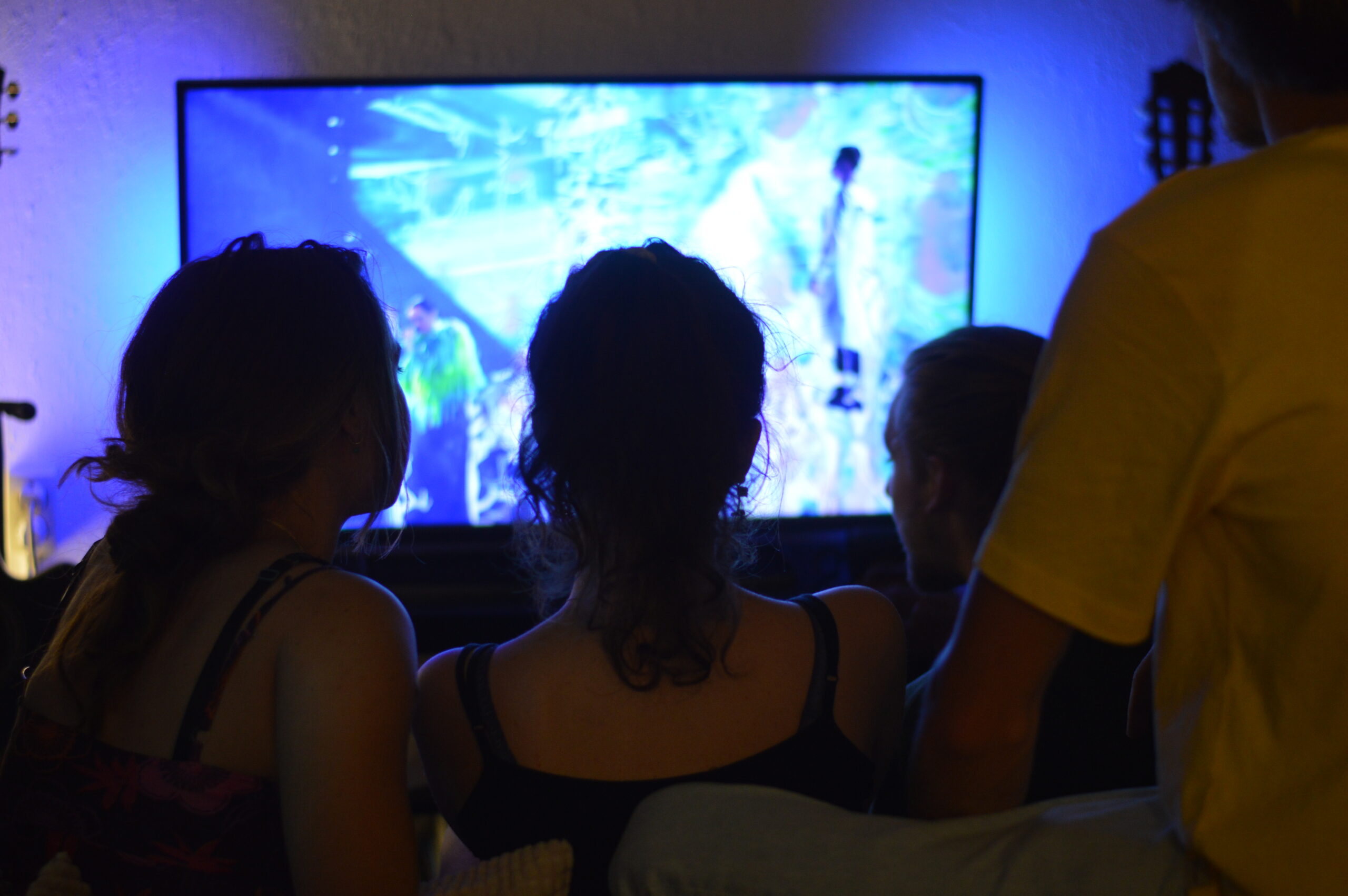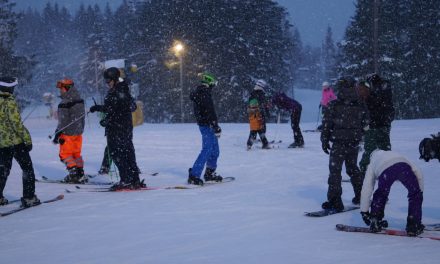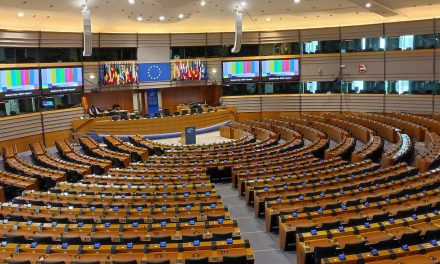During the Eurovision Song Contest some countries choose to portray themselves in more authentic garments from their culture. But Eurovision is best known for its high glitz and glamour. With globalization taking a rise it is questionable if western countries are at all even having their own ‘style’ or trends or that they are just getting influenced by each other or America.
Diek Pothoven head of Fashion for ESC 2021 was interviewed to see his thoughts on adding cultural aspects to the show aswell as his thoughts on fashion and globalization. Diek created the costumes for seven different shows within the three lives shows of Eurovision. He himself was inspired by Dutch culture. Creating color palettes inspired by old Dutch paintings picturing landscapes with greys, green and blue tones.
Do you think that countries should try and consciously interpret parts of their culture into their dance costumes? ‘I think it’s totally up to the artist actually being sent from the country, I think it’s very nice that an artist has some creative freedom while participating in Eurovision Song Contest, instead of being this ‘chosen one’, or sent from the Netherlands, or whatever country they are from.’ Says Diek.
He mentions that he likes to see what we can learn from each other and create a more European culture instead of all these separate countries. ‘I think Eurovision should also take part in that and does, because it is the one time all of Europe looks at the same television program, which is only about positivity and fun. Although it is a competition. But nobody hates each other on television for one night. So, therefore, I don’t feel like they have to.’
It is interesting he mentions this because studies have shown there might be a divide between how western and eastern parts of Europe during the festival. The contest started off in 1956 with only countries from the West participating but has now grown to let countries in Eastern part of Europe take part as well. Some participants however reveal the complexities of an evolving national identity still caught somewhere between East and West. An intricate play of stereotypes through which “the East watches the West watch the East”. This is also seen through how voting is cast to neighboring countries.
Diek also explains that performance wear and fashion are not one in the same. ‘Stage wear is a part of action and a huge part of fashion, we get it because it is a way that people can go wild and think outside of their comfort zone. But I think within the European contestants, there’s not a lot of inspiring fashion. A lot of them look exactly the same. But then on the other hand, there are some of them, really trying to also stand out.’
‘The Beyonce suits, I think seven of them had almost the exact same costume and I was like, Ah, okay, let’s try to be a little bit more inspiring. But on the other hand, it’s what people love.’
‘No, I don’t agree at all.’ Replies Max Zara Sterck when asked the question if she finds that western countries are dressing more alike. ‘I lived in the Netherlands then also in Paris and in London. And the way you’re dressing is completely different. Of course, you have like a common trend going on. But even then, you can see from far where someone is from’. Max Zara was recruited bij Diek Pothoven (to help with the opening, interval, and closing acts of the Eurovision in Rotterdam.
This first question was about fashion in general but returning back to Eurovision and if countries should try and consciously interpret parts of their culture in the dance costumes she says ‘You have trends that are all over the world. But even those trends are interpretated per country, so differently. So, I think even if you are modern or when you have a trend that is all around, you still have your own touch to it because of your heritage and because the country you’re from. So, I think it’s really important that people are authentic to themselves that they sing and perform in garments that they feel comfortable and secure about. And I think that is the best way to promote your own country.’
Max Zara also mentions that trying to force your culture in a performance or dance will come over unnaturally. ‘You should celebrate your country. But most of all, I think there are talents, and that should come out most of all and as best as possible. And I think without even doing it consciously, you will already have your country showing through the performance because you’re from that country. So, believe it’s almost like an unconscious thing. Which I find so much more beautiful than really trying to force it to be there’
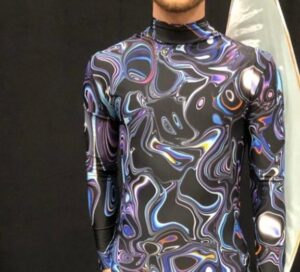
Marieke van Deven, who worked on the textiles for the Eurovision performances also mentions that dance costumes might be influenced by the country’s identity. ‘Something interesting that I saw the in Eurovision was that the art direction was a lot about water and the Netherlands as country that is always surrounded by water and below sea level. And I believe this was the theme and that it came back in the print that I made. Because you sort of see all those squiggles that are remade in the computer. And I believe that that was also based on water. Russia for example does this as well. Within the costume it reveals herself inside a costume and then outside of the costume, which I believe is a reference to the Russian dolls. I think it’s super nice when people use their sort of recognizable themes.’
